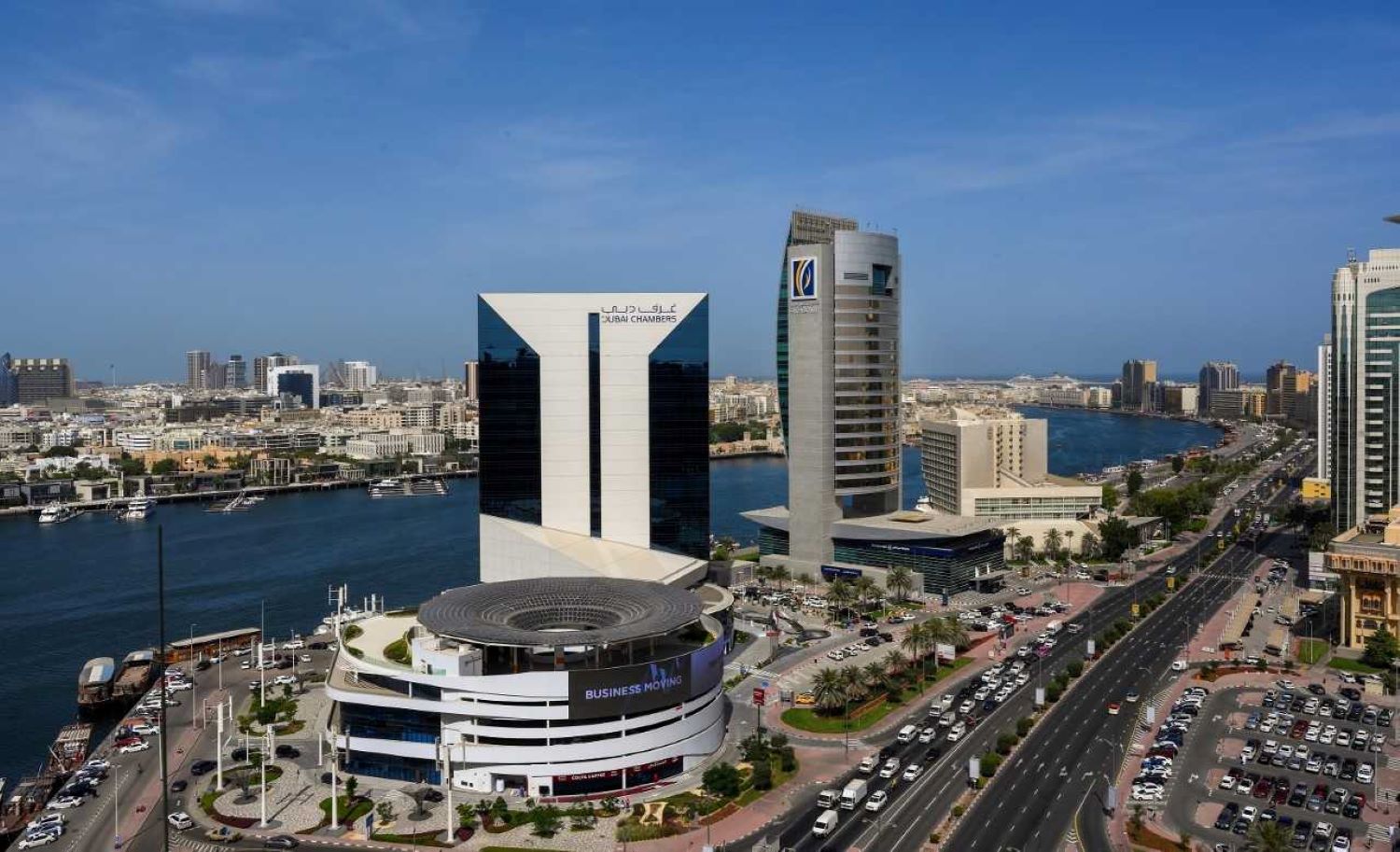DUBAI, UAE – Dubai Chambers has contributed to the emirate’s drive for sustainability by saving a total of 72,239 litres of water between June 2022 and June 2023, equivalent to 3,822 five-gallon bottles.
The savings were achieved as part of the chambers’ participation in ‘Dubai Can’, a sustainability initiative launched by Sheikh Hamdan bin Mohammed bin Rashid Al Maktoum, Crown Prince of Dubai and Chairman of Dubai Executive Council.
Dubai Can is aimed at educating and mobilizing all segments of society to reduce waste and protect the environment.
Dubai Chambers has introduced a series of measures to implement best practices in sustainability through its Center for Responsible Business.
These include installing water filters and providing employees with refillable water bottles to discourage the use of single-use plastic water bottles.
The chambers has installed a total of 23 filtered drinking water dispenser units on all floors at its Dubai headquarters, which are connected to DEWA’s potable water supply.
These measures positioned Dubai Chambers as a positive example for companies that are keen to adopt sustainable and responsible business practices.
The measures adopted come as part of the chamber’s strong commitment to promoting responsible and sustainable practices and raising awareness on how small changes in daily habits can have significant impacts on the environment, society, and health.
Dubai Can seeks to reduce single-use plastic water bottle waste in the city by encouraging individuals to use refillable water bottles, enabling access to free and safe drinking water through the installation and use of water stations and creating a culture of conscious living by driving awareness on plastic alternatives and sustainability issues.

